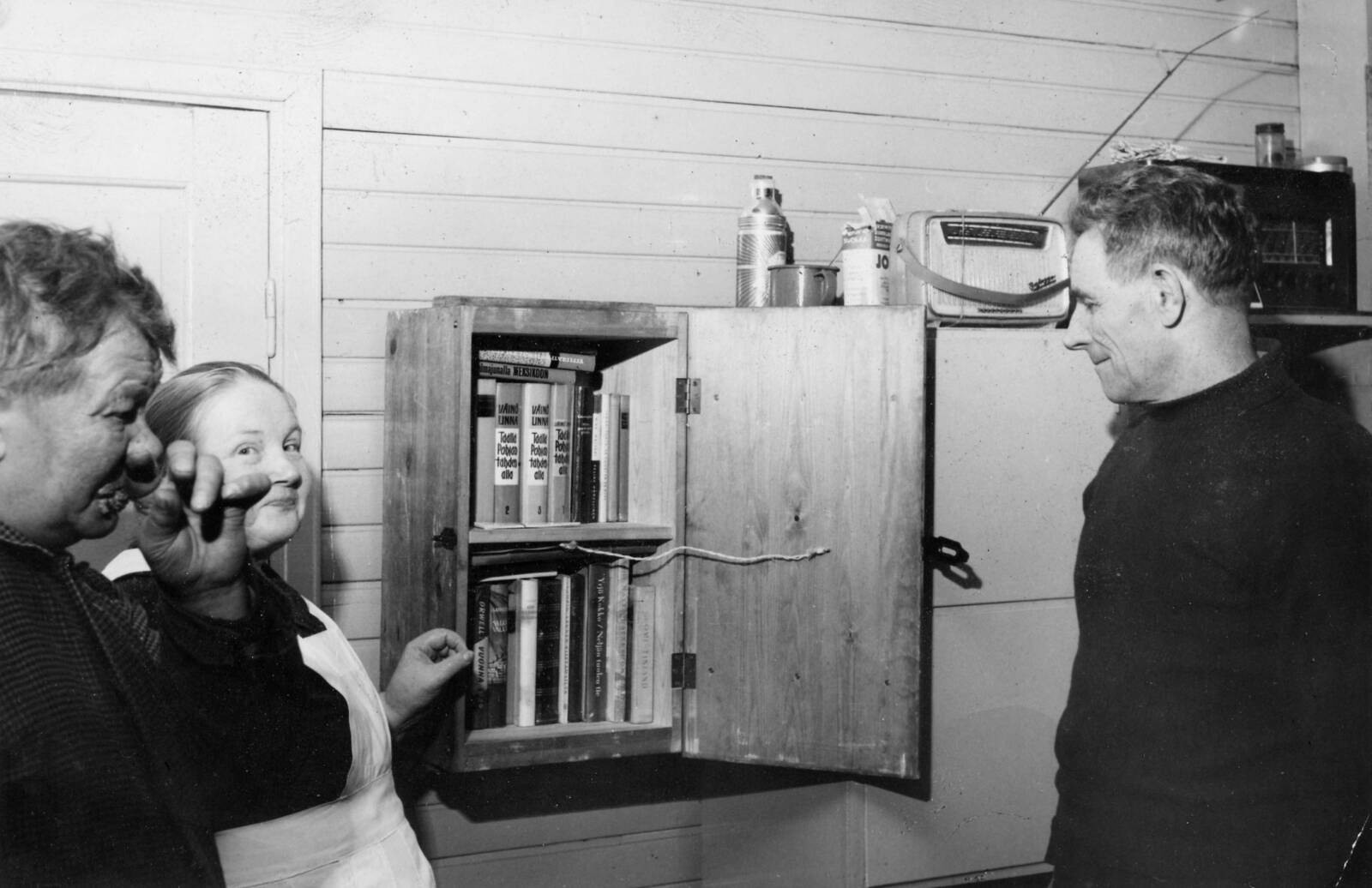For this track, we ask papers and session proposals focusing on the rise of the working-class literary culture in Nordic countries and beyond. Essential part of the working-class culture are narrative cultural products created or consumed by workers. Working-class literature, music, theater, and cinema have been crucial parts of working-class self-understanding and ways to affect the national narratives. How workers have depicted the world around them and how workers have been portrayed? How working-class culture is understood outside the cultural sphere of the workers?
On the other hand, especially from the 1950s onwards, relatively closed working-class communities started to change. As Richard Hoggart argued, the pure working-class culture was “corrupted” by mainstream consumerism. The track also includes sessions about the change. How has the working class as a cultural entity changed its form? How literary cultures differ from one Nordic country to another and beyond? How global influences have affected the Nordic working class? For example, how hip hop is compared to the traditional music of labor resistance?
We welcome contributions addressing, amongst others, the discussions on:
- Working-class literature, music, theater, and cinema.
- Working-class literary culture as counterculture.
- Working-class literary culture as popular culture.
- Cultural aspects of the working-class press
- Literary intersection of class, race, generation and gender.
Coordinator: Jussi Lahtinen, University of Tampere (jussi.lahtinen[at]tuni.fi)

